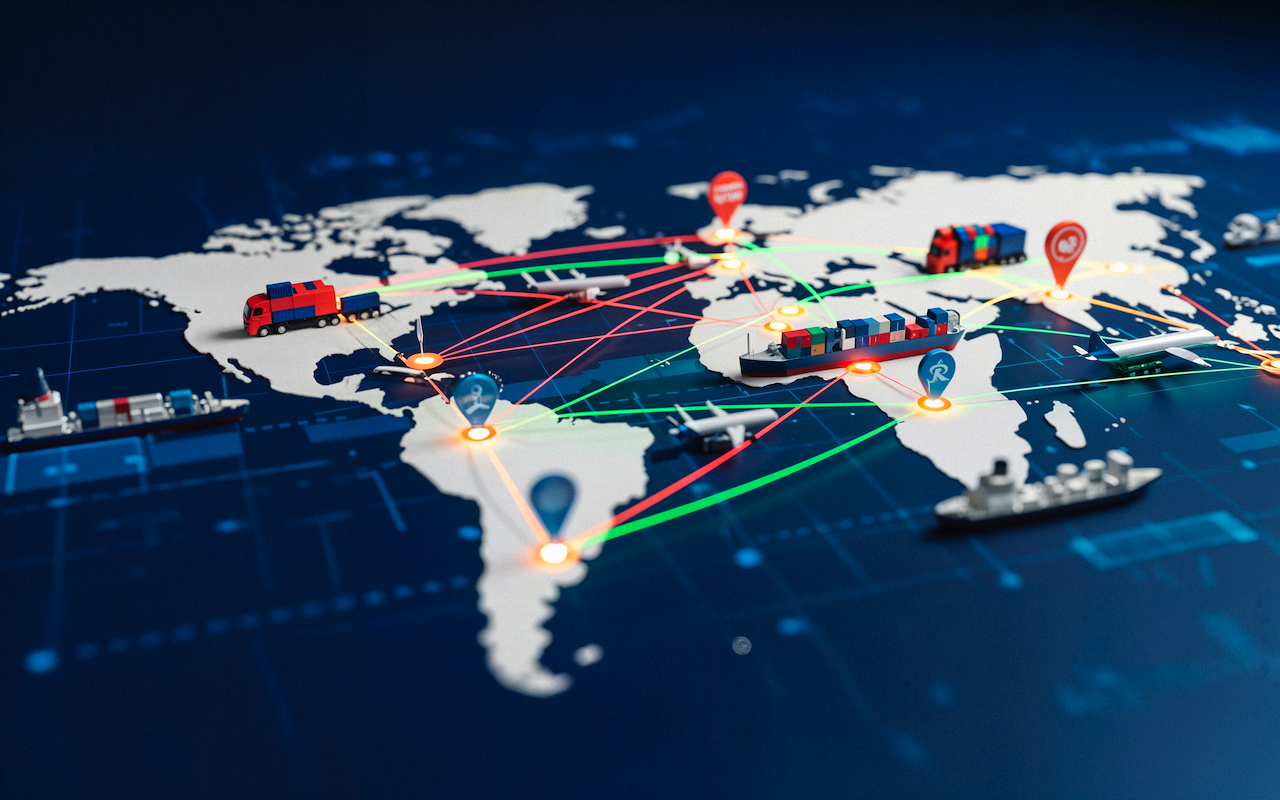
Mechanical transmission systems are at the heart of construction machinery, ensuring that power from the engine is efficiently delivered to perform demanding tasks. These systems consist of interconnected components—such as gears, shafts, couplings, chains, and belts—that convert energy into controlled motion. Whether it’s lifting, digging, or transporting materials, the effectiveness of these machines depends on the precision and durability of their transmission systems. This article explores the essential components, working principles, transmission types, and real-world applications that make mechanical transmission systems critical to modern construction equipment.
[..]
Read more...










